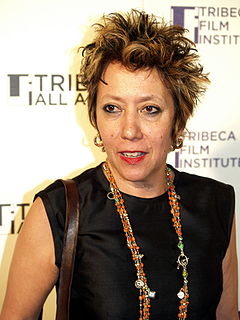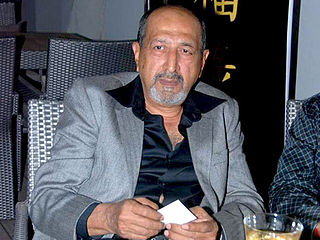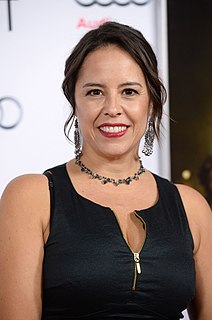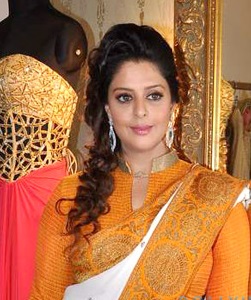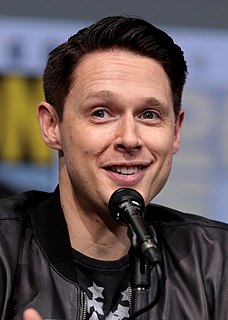A Quote by Rakesh Jhunjhunwala
I know film industry is not a very healthy place to be in.
Related Quotes
For film, you know, the Tarantinos and Nolans of the world who are very focused on a certain kind of film aesthetic and a certain kind of presentation, to be honest, that comes from a place of privilege. It comes from a place of always having access to such, but when you ain't never - you can't see it because you can't even get to it.
In my opinion, having worked in the games industry and still keeping in touch with a lot of those guys, there was definitely a time when they saw themselves as the little brother of the film industry. But they kind of went off in a different direction and now see themselves, I think, as being far more interesting and ahead of the film industry. They haven't just caught up. They've gone off in a different direction and exceeded the film industry.
I hope it's always going to be a mix between theatre, film and radio. I've been very lucky living in London that you can do all that - in New York and L.A., there's more of a structure for film in L.A. and theatre in New York. In London, our industry is smaller, but it produces brilliant work all in one place.

